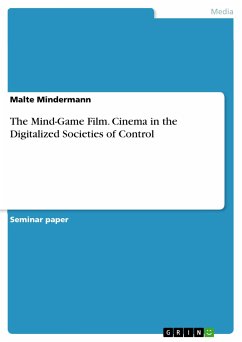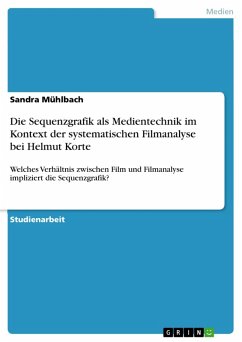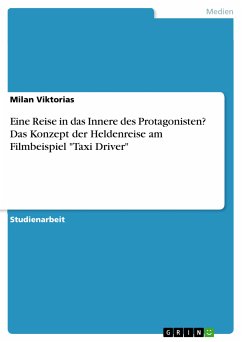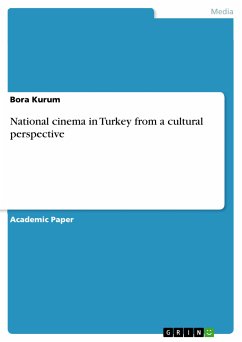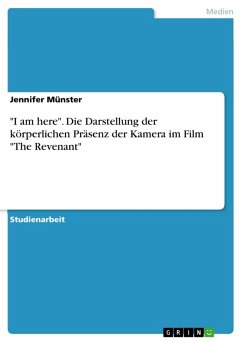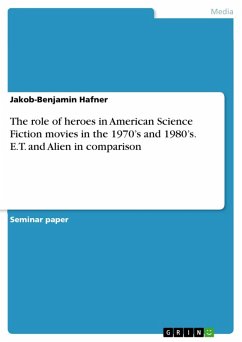Seminar paper from the year 2014 in the subject Communications - Movies and Television, grade: 1.0, University of Hannover (Englisches Seminar (English Department)), course: Digital Movies, Chaos Cinema, Post-Cinematic Affect: Thinking 21st-Century Motion Pictures, language: English, abstract: This thesis brings into relation Thomas Elsaesser's category of the "mind-game film" and Gilles Deleuze's observations of a new depiction and awareness of time in film. The mind-game film is then read as symptomatic of a social change from a society of "discipline" towards a "society of control" (Michel Foucault). In the course of this analysis, the catalyst role of technical progress and pervasive interconnectedness becomes evident. Traditional tenets of cinema and storytelling are overcome and played with. Time, which used to flow naturally, and therefore unnoticed, has evolved into a crucial, freely modulatable dimension of its own and serves as an additional structural and narrational level on top of the spatial dimensions. This development is propelled by the rise of the digital image and its manifold possibilities of interfering with the flow of time. Likewise, the principle of "focalization" is extended beyond the idea of merely directing our attention, towards the total filtration of the film reality through the (subjective) vision of a (or several) character(s) (Buckland 8). Thriving on these central elements, mind-game films aim to deceive the spectator by determining when, or if, he/she receives certain information which is crucial to the understanding of the story. Just as no focal character can possibly be sure of his/her own perception's reliability or, for that matter, his/her own mental sanity, we cannot trust our perception. What we see is the image of an image, filtered through a succession of two minds, the character's virtual one and our own [...]
Dieser Download kann aus rechtlichen Gründen nur mit Rechnungsadresse in A, B, BG, CY, CZ, D, DK, EW, E, FIN, F, GR, HR, H, IRL, I, LT, L, LR, M, NL, PL, P, R, S, SLO, SK ausgeliefert werden.

